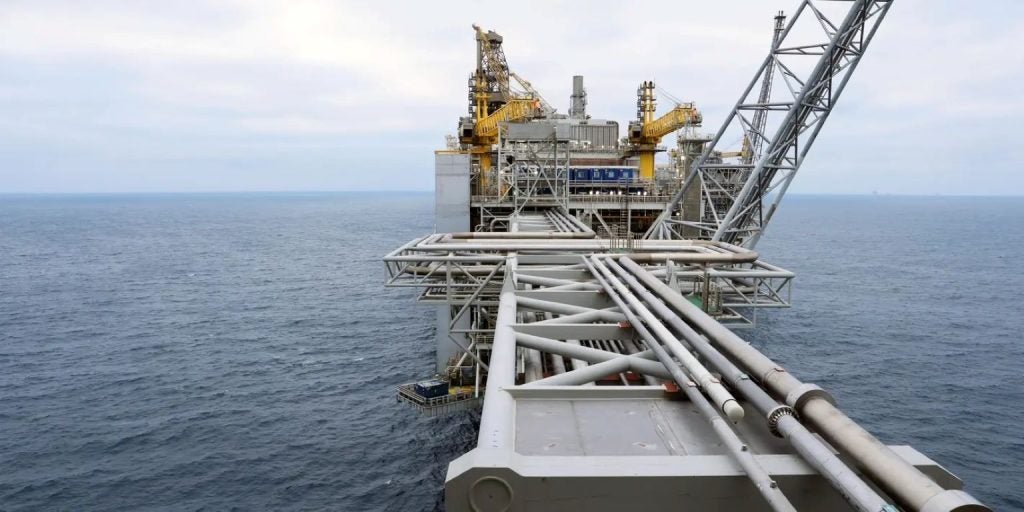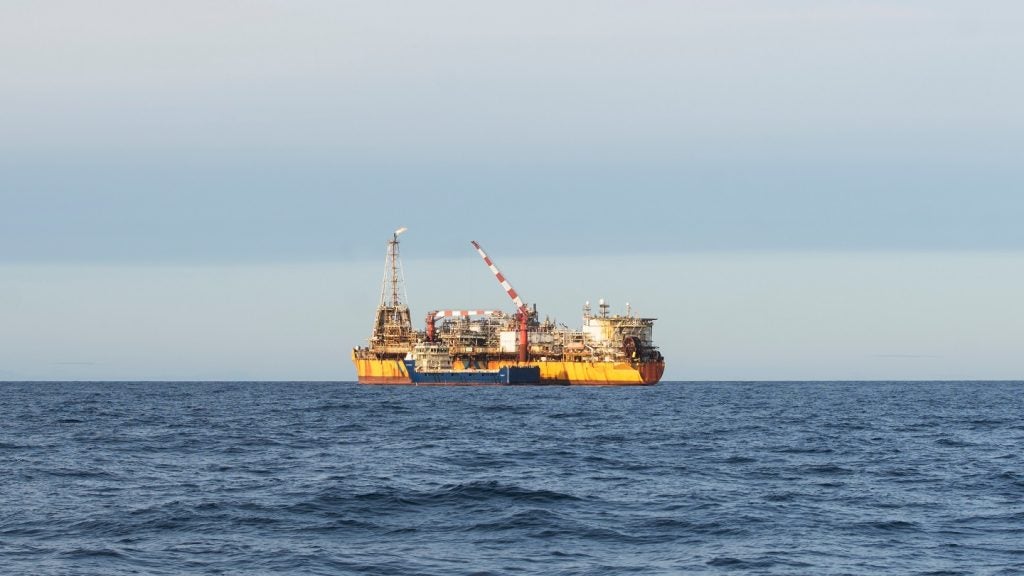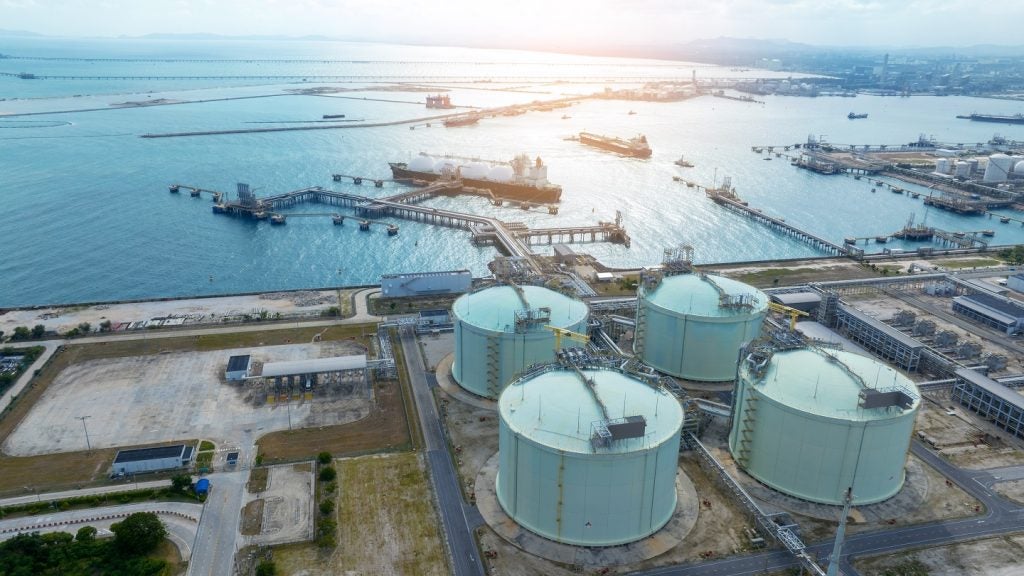Pecan is a conventional oil development located in ultra-deepwater in Ghana and is operated by Aker Energy Ghana. According to GlobalData, who tracks more than 34,000 active and developing oil and gas fields worldwide, Pecan was discovered in 2012, lies in block Deepwater Tano/Cape Three Points, with water depth of around 8,748 feet. Buy the profile here.
The project is currently in approval stage and is expected to start commercial production in 2025. Final investment decision (FID) of the project will be approved in 2024. The development cost is expected to be $1,450 m. The Pecan conventional oil development will involve the drilling of approximately five wells and includes FPSO, subsea manifold, and subsea trees.
Field participation details
The field is owned by Aker, Bulk Ship & Trade, Ghana National Petroleum and Lukoil Oil.
Production from Pecan
Production from the Pecan conventional oil development project is expected to begin in 2025 and is forecast to peak in 2027, Based on economic assumptions, the production will continue until the field reaches its economic limit in 2050.
See Also:
Contractors involved in the Pecan conventional oil field
Some of the key contractors involved in the Pecan project as follows.
Design/FEED Engineering: Subsea 7
Other Contractors: Halliburton, Noble, Aker, Lima Oil Services and Exceed Well Management Ghana
About Aker Energy Ghana
Aker Energy Ghana Ltd (Aker Energy Ghana) is involved in offshore oil and gas production. It is headquartered in Accra, Ghana.
For more details on the Pecan Conventional Oil Field, buy the profile here.
Premium Insights
From

The gold standard of business intelligence.
Blending expert knowledge with cutting-edge technology, GlobalData’s unrivalled proprietary data will enable you to decode what’s happening in your market. You can make better informed decisions and gain a future-proof advantage over your competitors.






